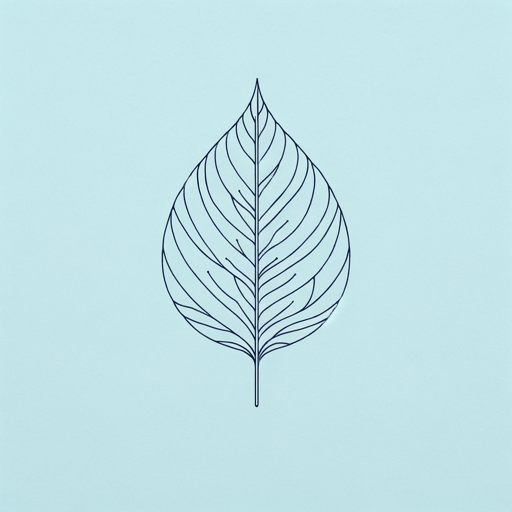30 pages • 1 hour read
J. R. R. TolkienLeaf by Niggle
Fiction | Short Story | Adult | Published in 1945A modern alternative to SparkNotes and CliffsNotes, SuperSummary offers high-quality Study Guides with detailed chapter summaries and analysis of major themes, characters, and more.
Important Quotes
“It had begun with a leaf caught in the wind, and it became a tree; and the tree grew, sending out innumerable branches, and thrusting out the most fantastic roots.”
(Page 88)
This sentence describes where Niggle’s tree begins, with a small single leaf. The leaf then grows and develops into many branches and roots, signifying that even tiny things, such as leaves, can produce large and impressive things. The tree symbolizes that great ideas all start from a small, significant, single idea that needs to be nurtured until it reaches maturity.
“Yet he was beginning to see that he could not put off his start indefinitely. The picture would have to stop just growing and get finished.”
(Page 89)
This is one of the first mentions where Niggle begins to worry that his painting will not be complete before his journey. This quote foreshadows the central dilemma of this story, which is that Niggle will not complete his most important project before it’s too late. Niggle’s sense of urgency connects to the transience of human life.
“When Parish looked at Niggle's garden (which was often) he saw mostly weeds; and when he looked at Niggle's pictures (which was seldom) he saw only green and grey patches and black lines, which seemed to him nonsensical. He did not mind mentioning the weeds (a neighborly duty), but he refrained from giving any opinion of the pictures. He thought this was very kind, and he did not realize that, even if it was kind, it was not kind enough. Help with the weeds (and perhaps praise for the pictures) would have been better.”
(Page 91)
Parish operates as a foil character for the protagonist. The practical man has no interest in his neighbor’s artistic endeavors and instead criticizes the shortcomings of Niggle’s garden. Later in the story, Parish gains an appreciation of Niggle’s creativity while Niggle values Parish’s knowledge of and skill with plants. Both of their skills are necessary for the cultivation of Niggle’s Parish.
Related Titles
By J. R. R. Tolkien

Farmer Giles of Ham
J. R. R. Tolkien
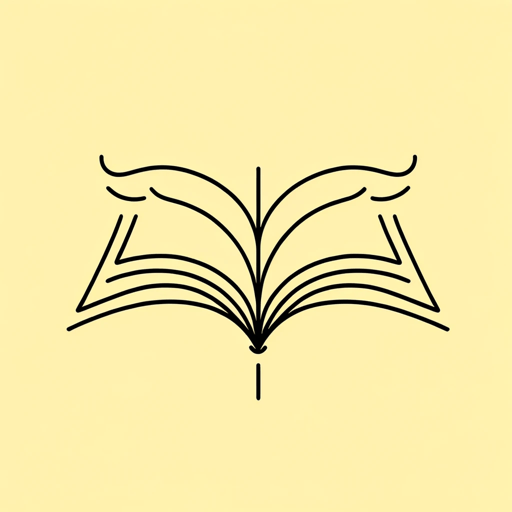
On Fairy-Stories
J. R. R. Tolkien

Return of the King
J. R. R. Tolkien

The Children of Húrin
J. R. R. Tolkien

The Fellowship of the Ring
J. R. R. Tolkien
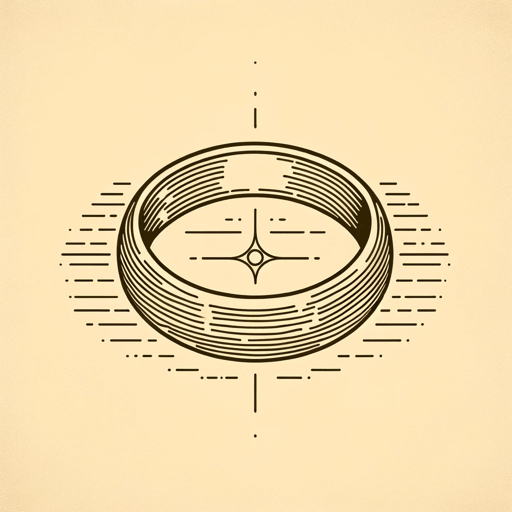
The Hobbit
J. R. R. Tolkien
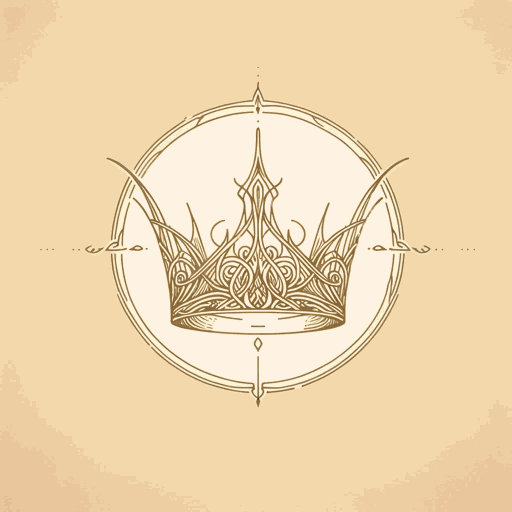
The Silmarillion
J. R. R. Tolkien
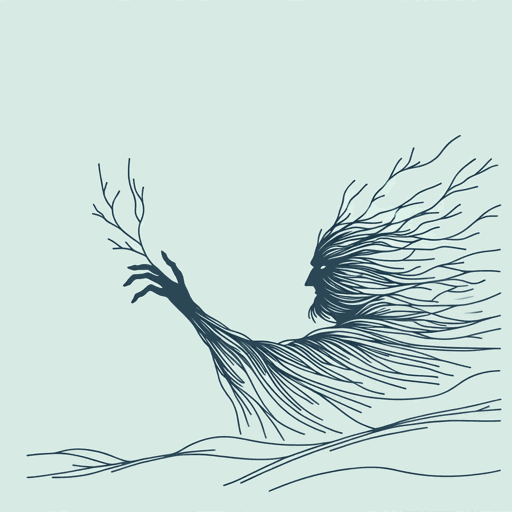
The Two Towers
J. R. R. Tolkien
